Lately, Series 7 Suitability questions have come up over and over as a key reason candidates believe they failed the Series 7. It seems to be more than just a coincidence. Many of my recent students that failed before contacting me have had similar issues. Why are Series 7 suitability questions so hard? Isn’t the Series 7 already hard enough? In this post I try to answer that question.
Series 7 Suitability Questions Run the Gambit
I hear a lot from my students about the Series 7 Suitability questions. One of the primary issues is that there is no chapter in the texts that they come across that is totally dedicated to suitability. Thus, studying for suitability questions is not straight forward. Suitability questions often overlap multiple different topics.
For example, you may see a question that asks whether a taxable corporate bond is better for a certain individual than a municipal bond. While both are bonds, the different types of bonds fall under separate topics of study for the Series 7 exam. Such questions require knowing the tax implications for municipal bonds versus corporate bonds. This type of overlap necessitates a more comprehensive knowledge across subjects.
Here are some other examples of Series 7 suitability questions (answer at end of blog post):
1. Jane Doe, a client of yours, says to you “Please find me an investment that will generate a high return, but has no risk at all. I don’t want to lose money.” Which would be the best option?
- A) Blue chip stocks
- B) High yield corporate bonds
- C) Treasury Notes
- D) None of the above
2. A pension fund manager is looking to offset monthly liabilities with some monthly income. She needs this monthly income to come from a AAA rated source. Which of the following would be the best choice?
- A) Blue chip stocks
- B) AAA rated corporate bonds
- C) AAA rated Treasury Bills
- D) AAA rated Collateralized Mortgage Obligations
3. Your friend asks you what would be most appropriate for a client that wants to invest in something with a moderate risk but a low minimum investment? Choose the best option:
- A) An out of the money call option that expires in a month
- B) An oil and gas exploration direct participation plan
- C) A hedge fund
- D) A mutual fund that includes both bonds and stocks
Tackling Series 7 Suitability Questions
Were you able to get through those without too much trouble? From the above, you will notice that suitability questions really run the gambit of possible topics.
So then, how should you approach it?
The easiest way to approach the suitability subject for the Series 7 is to spend some time going over practice questions. Where do you find them? STC is the text I most recommend but Kaplan has some too. I recommend going to the end of chapter questions of your text and notice which ones are asking you about what might be “suitable” or “appropriate” for a client. The questions also typically involve some scenario such as an individual being in a high (or low) tax bracket. Then you will need to determine the best type of plan (qualified vs. non-qualified). Or, you may have to determine the best type of security for them.
Series 7 suitability questions also test your ability to understand what is age appropriate for an investor. If an investor is older, they should typically have a more conservative portfolio. Vice-versa for younger investors.
There are usually one or two questions from each section on suitability. Consolidate them into one area so you can focus on what they are asking and notice the patterns. As usual, I have specific material to go over with students and practice questions tailor made for the suitability section. Feel free to book a tutor if you need more help!
Answers to questions above: (1. D; 2. D; 3. D)
